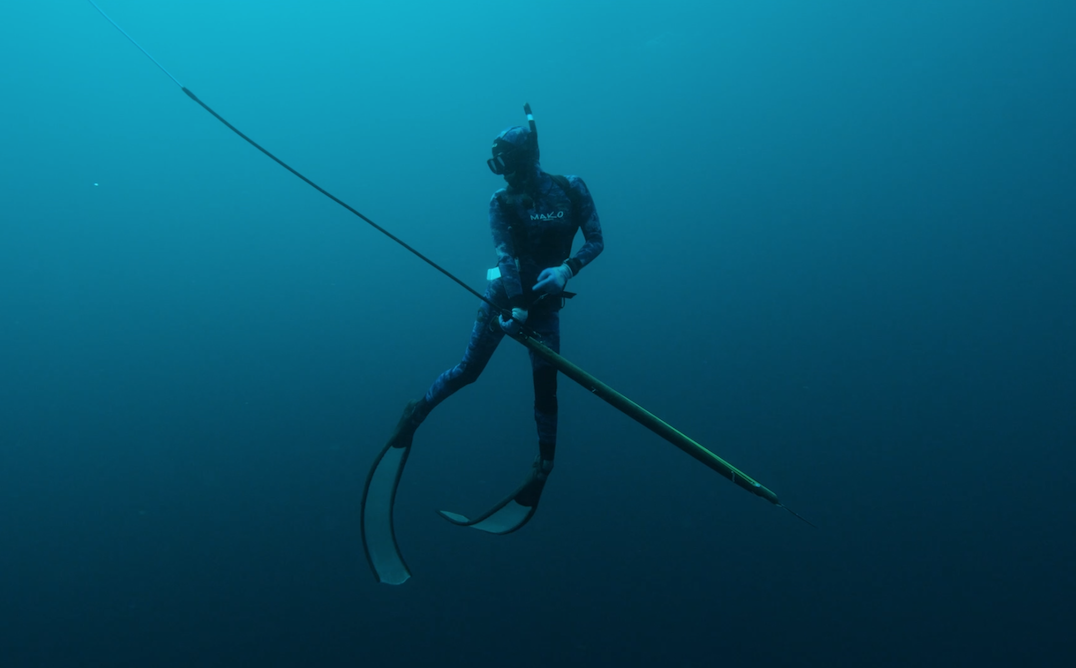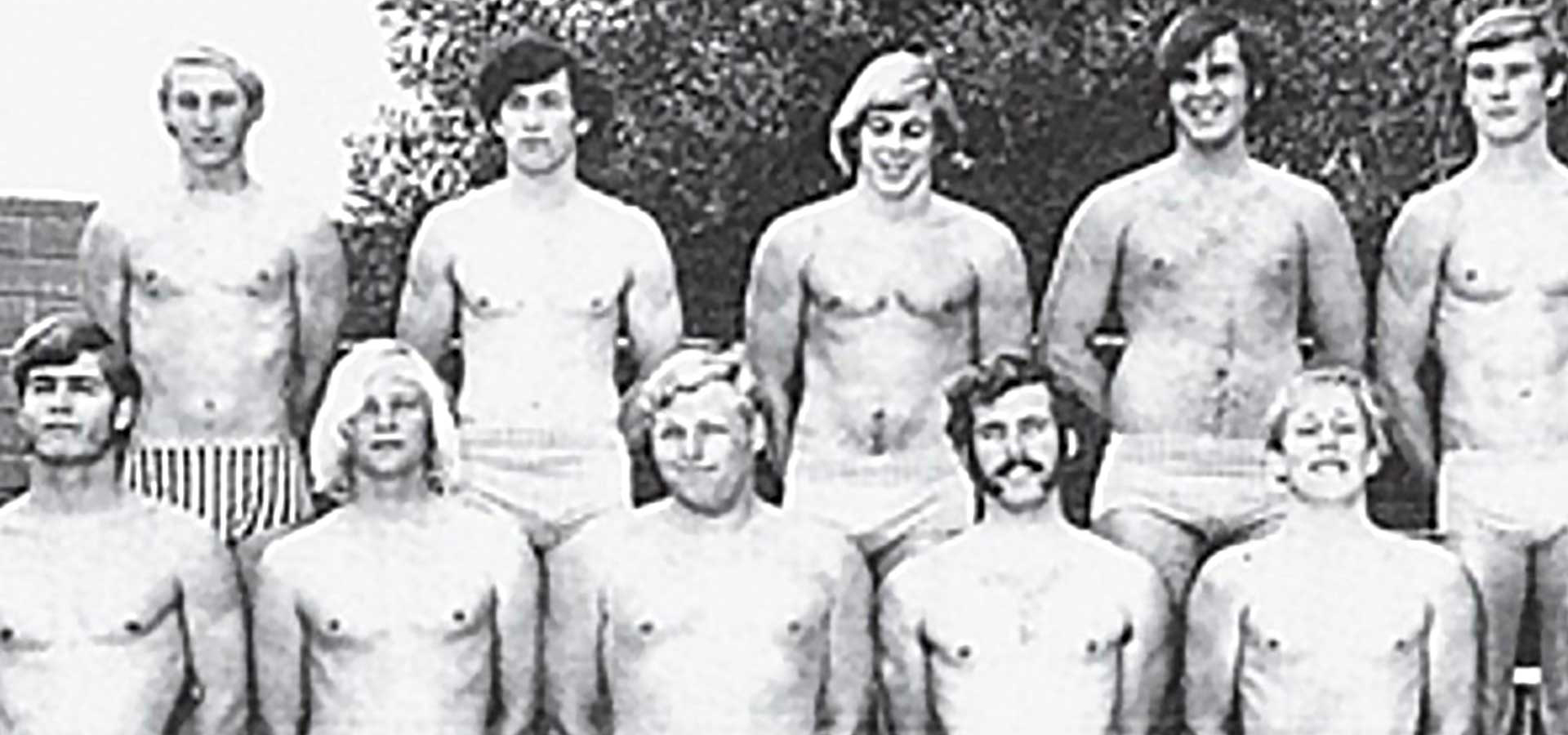
Deep Water: From the Swim Team to Drug Smuggling
In her new book, Katharine Nichols tells the story of a group of Coronado teens that trafficked drugs between Mexico and California in the 1970s.
-
CategoryArts + Culture
It’s 1971 in Coronado, a small southern California beach town. For 17-year-old Eddie Otero, a skilled waterman and avid surfer, life is simple. Then a friend makes him an offer: Swim an illicit package across the border from Mexico. The intense workout is dangerous. Thrilling. Lucrative. And the beginning of a small business.
When the young entrepreneurs involve their former high school Spanish teacher, the smuggling adventure grows into a $100 million global operation. Soon they become fugitives. Living on the edge, they vow to return to their normal lives—right after one last run…
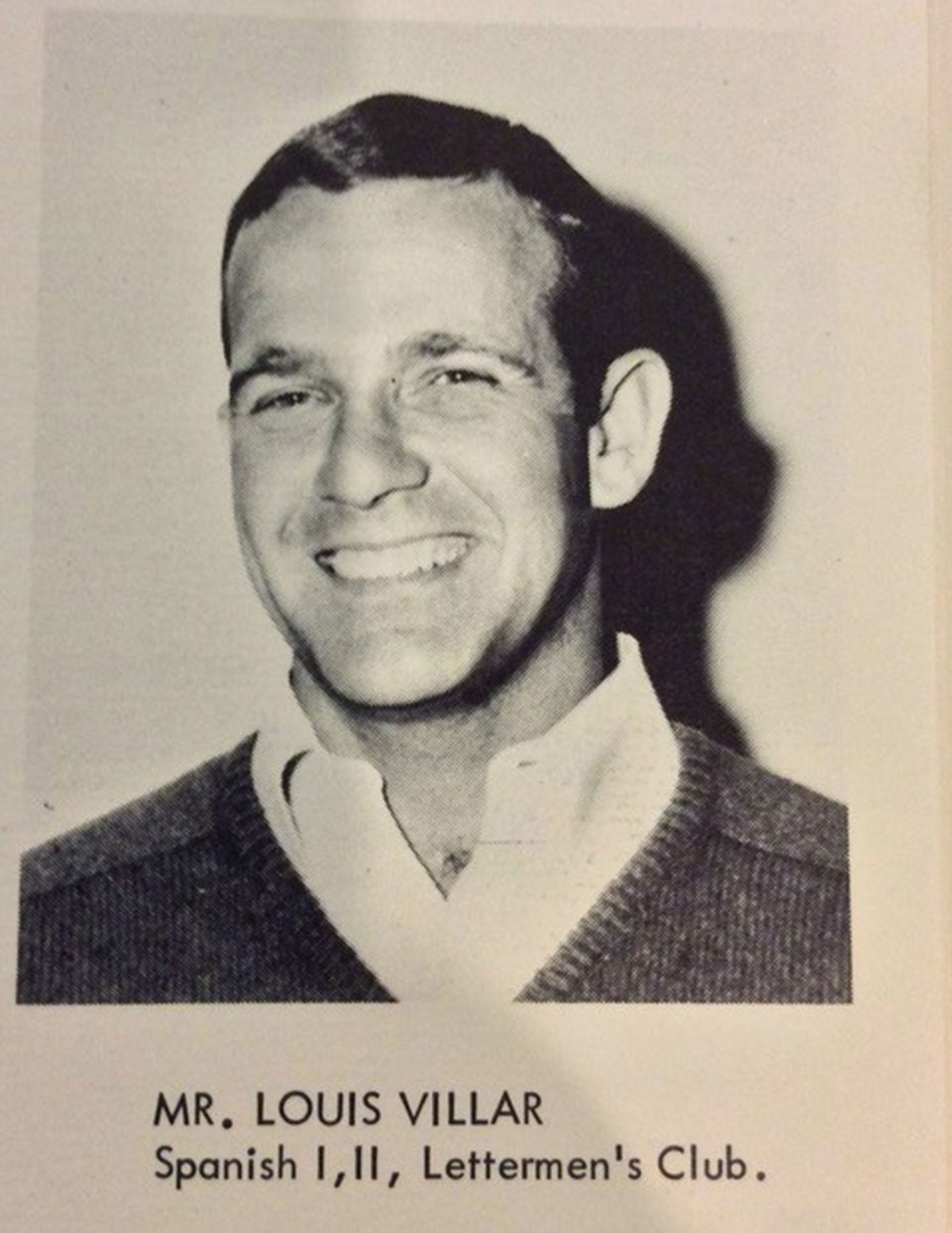
That’s the premise of author Katharine Nichols new work of non-fiction from Simon True. Reminiscent of The Falcon and the Snowman, another true crime story that captivated Californians, and the world, back in the ’70s, Deep Water explores young friendship and camaraderie amid illicit circumstances that seems almost unimaginable.
In a great read from GQ in 2013, writer Joshuah Bearman describes the “Coronado Company” as a tight, coordinated unit. “Almost the entire group had grown up together in Coronado, a secluded little beach town on a peninsula off the coast of San Diego. In the 1960s, they had been classmates at Coronado High. They were surfers. Some would head to Mexico for the breaks—and bring back small bales of pot. Then they brought in their former Spanish teacher, Lou Villar, for his language abilities, and the operation exploded. Within a few years, the Coronado Company was the largest smuggling outfit on the West Coast. Over 10 years, they would assemble a $100 million empire, importing more than 90 tons of product from Mexico, Morocco, Pakistan and Thailand in what the DEA would call the most sophisticated operation of its kind.”
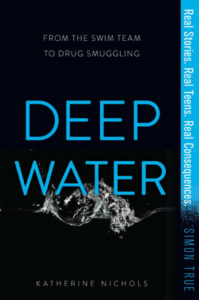
In her review of Nichol’s book for the Coronado Times, Coree Cornelius describes how the audacious nature of the decade-long operation keeps the reader engaged from cover to cover.
“As I turned each page, I kept waiting for the moment when the Coronado Company would run out of luck, awed by how they were able to turn Lance Weber’s crazy idea of swimming drugs into Coronado into a full-fledged operation that spanned almost a decade. The book did not disappoint, and I felt like I learned more about Coronado’s glory days, the idyllic time period people reminisce about long before the days of people posting, ‘Bring back the toll,’ on social media.”
While these young men did most of the “heavy lifting” on those cold, shark-infested, swims across the border, they weren’t alone in the endeavor. They had in Lou Villar someone to keep the operation going on the sidelines.
“As the ringleader, Lou rarely set foot near the beach; instead he was installed in a cabana at the Beverly Hills Hotel, quarterbacking from downfield,” says Bearman for GQ. “He was worried their reputation would be ruined if the supply didn’t show. It was a relief to call the clients and announce that ‘the Eagle has landed.’”
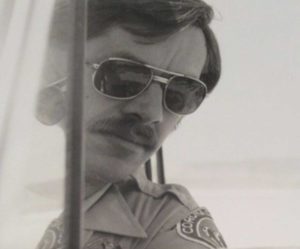
Several decades after these events, marijuana is now legal in the state of California. Coronado Times’ Cornelius asked Nichols if she thought people would view the young smugglers’ activities and prosecution differently after reading the book.
“What if this happened now? What was wrong about it? What is wrong about it? There’s a lot of discussion that can come out about it. I don’t know the answer to that,” she shares. “Is it the same forbidden substance that it used to be? According to legalization that seems to be spreading throughout pockets of the country, you might say yes, but there might also be many people who are still opposed to it. If it sparks some discussion, that’s fantastic.”

Read the full Coronado Times Q&A.
Find Joshauh Bearman’s story for GQ here.
And, if you’re in the car, check out this great radio interview between Nichols and Press Play’s Madeline Brand on KCRW here.
Photos courtesy Coronado High School yearbook
‘Diego Rivera’s America’ Brings Together 150 of the Artist’s Works in San Francisco
Rivera’s vision of Mexico and the United States Comes to life in paintings, drawings, murals and projections.
A College Arts Complex Receives a Transformative Donation from a Local Family
A new name and new promise for the Valley Performing Arts Center.
A Golden State Tradition: Celebrating 100 years of See’s Candies
Inside California’s sweetest and most charming business.





